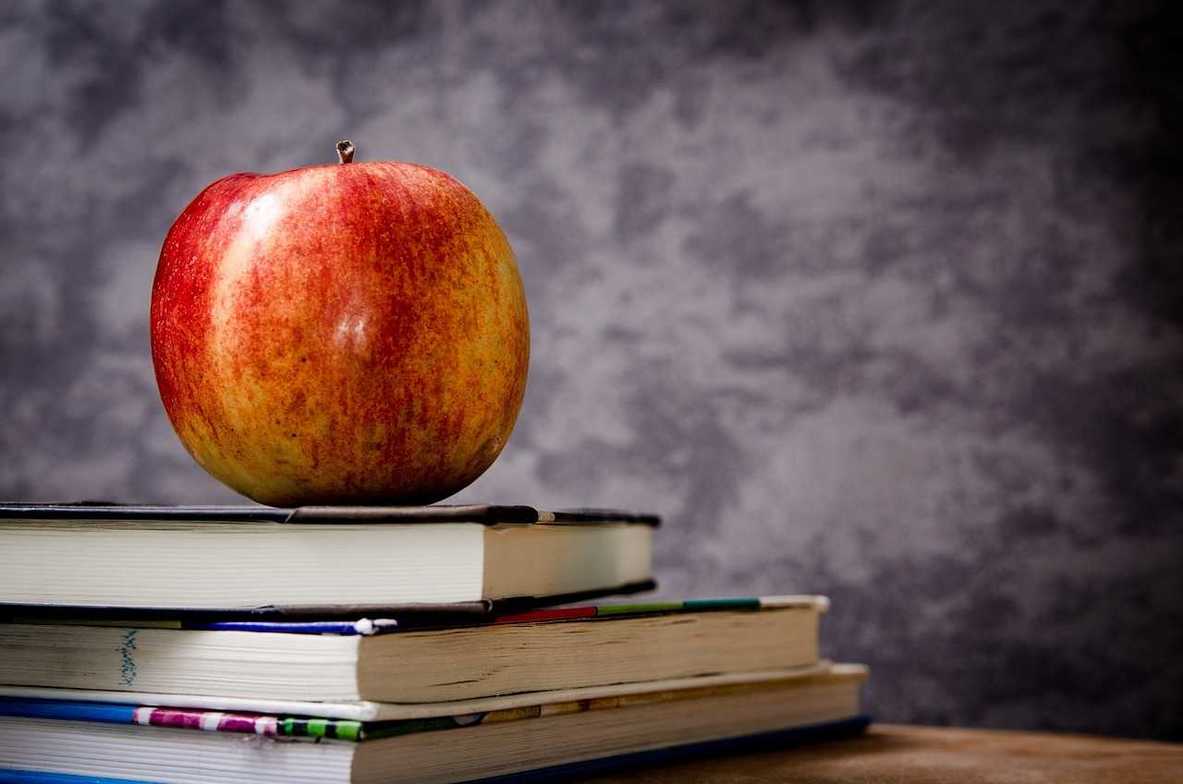
Childhood is a vibrant phase filled with exploration and learning, both in and out of the classroom. However, unexpected obstacles - like concussions - can disrupt this journey, significantly affecting a child's ability to learn. In this article, we delve into the ways concussions influence children's learning experiences in school. By recognizing the challenges they face and implementing strategies for support, we can help young learners navigate their recovery effectively.
Cognitive Challenges: Navigating the Learning Maze
Since concussions are a type of traumatic brain injury, the impact on the brain is far-reaching. Concussions can introduce cognitive hurdles that hinder a child's academic progress. Many times, we think of concussions as occurring only in older children as they play sports. However, concussions can occur in very young children (has your child ever been dropped, fallen off a bunk bed or trampoline, or collided with another child?). If your child has been struggling with any of the following learning issues, an undiagnosed concussion could be the underlying cause:
1. Memory Struggles: Concussions often result in memory issues, impacting a child's ability to retain new information taught in class.
2. Attention Deficits: Maintaining focus becomes challenging, leading to missed instructions and decreased engagement with learning materials. There are many issues that can cause attention deficits, from poor nutrition to not enough time for play, but concussion can also play a role for some children.
3. Processing Speed Delays: A slower information processing speed can make it hard to keep up with the pace of classroom activities.
4. Eye Tracking: The eyes are critical for learning! Most information that a child receives during instruction, whether during a lecture, during reading, or even through learning during free play time, comes through the visual system. Concussions often affect eye tracking and can disrupt learning.
Physical and Sensory Discomfort: Overcoming Learning Barriers
When you have a headache or have aches and pains from a hard workout at the gym yesterday, do you feel like giving your full attention to a task at hand? Oftentimes, we have higher expectations for children, who aren’t fully developed cognitively, emotionally or physically, than we have for adults. Physical symptoms stemming from concussions create uncomfortable learning environments, such as:
1. Headaches and Discomfort: Persistent headaches and discomfort divert attention from learning and hinder participation in school activities.
2. Screen Sensitivity: Increased sensitivity to screens can lead to discomfort during digital learning activities. Most schools - whether private, public, or homeschool - are including more and more screen time. If you’re homeschooling, it is best to turn off the screens for a time and utilize books and worksheets (and time in nature and extracurricular activities) as much as possible. If your children attend private or public school, talk with your child’s teachers about their sensitivity and ask for them to be exempted from activities requiring a lot of screen time.
Emotional and Social Impact: Navigating Emotional Pathways
One of the greatest underlying factors to our ability as humans to experience the wonder of learning is our ability to have positive social interactions and experience emotional well-being. Concussions can negatively influence young learners in the following ways:
1. Mood Swings and Irritability: Emotional changes, like mood swings and irritability, can disrupt motivation and interactions with peers. This can lead to peers interpreting this behavior as undesirable and hinder growth of friendships.
2. Social Isolation: Recovery may take time and require reduced social interactions, impacting social development and group participation.
Supporting Children's Learning and Recovery
We all want to do right by our children and see them succeed in learning and, consequently, in life. To address concussions' impact on learning, consider the following steps:
Open Communication: Maintain communication between parents, teachers, and healthcare professionals to create a supportive environment. Choosing healthcare providers who have a collaborative mindset and are understanding of the child’s daily lifestyle factors is best.
Special Accommodations: Parents need to work with educators to provide necessary accommodations, like extended deadlines and reduced screen time, to ease the learning process.
Flexible Learning: Embrace varied teaching methods to cater to different learning paces and styles.
Physical Comfort: Create a comfortable classroom environment to minimize distractions and discomfort.
Emotional Support: Offer emotional support to help children cope with mood changes and social challenges.
Helping Children Overcome
Concussions are not just physical injuries; they can have lasting effects on a child's learning journey. By understanding these effects and implementing strategies for support, we empower young learners to overcome obstacles and continue their pursuit of knowledge in a safe and nurturing environment.
Joe O'Tool
Contact Me


